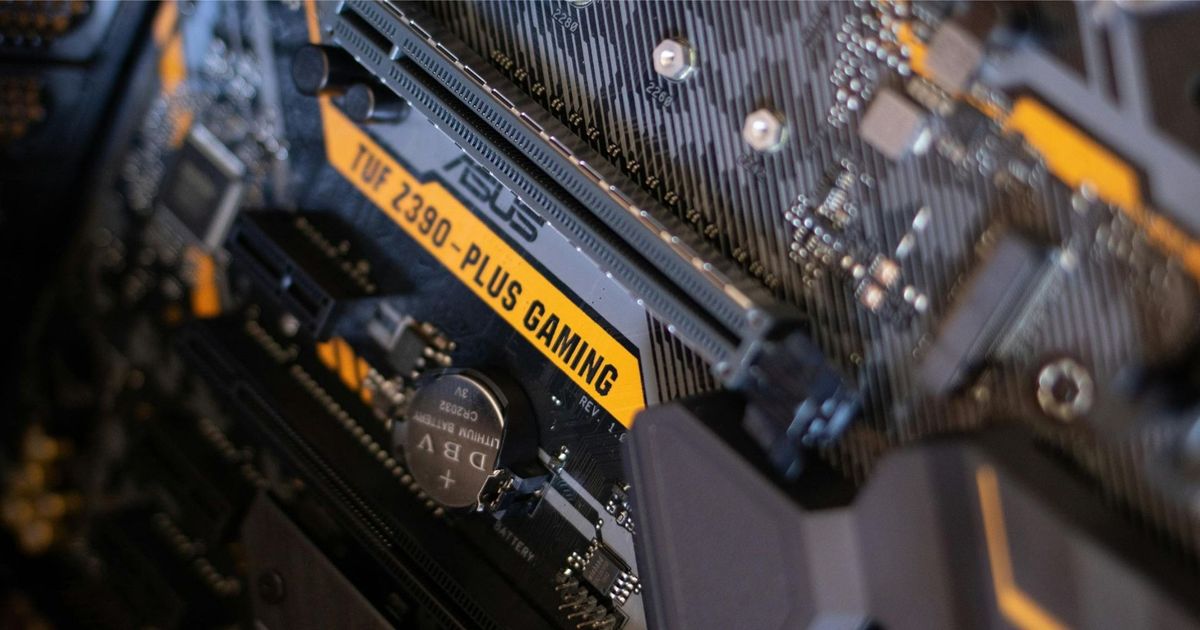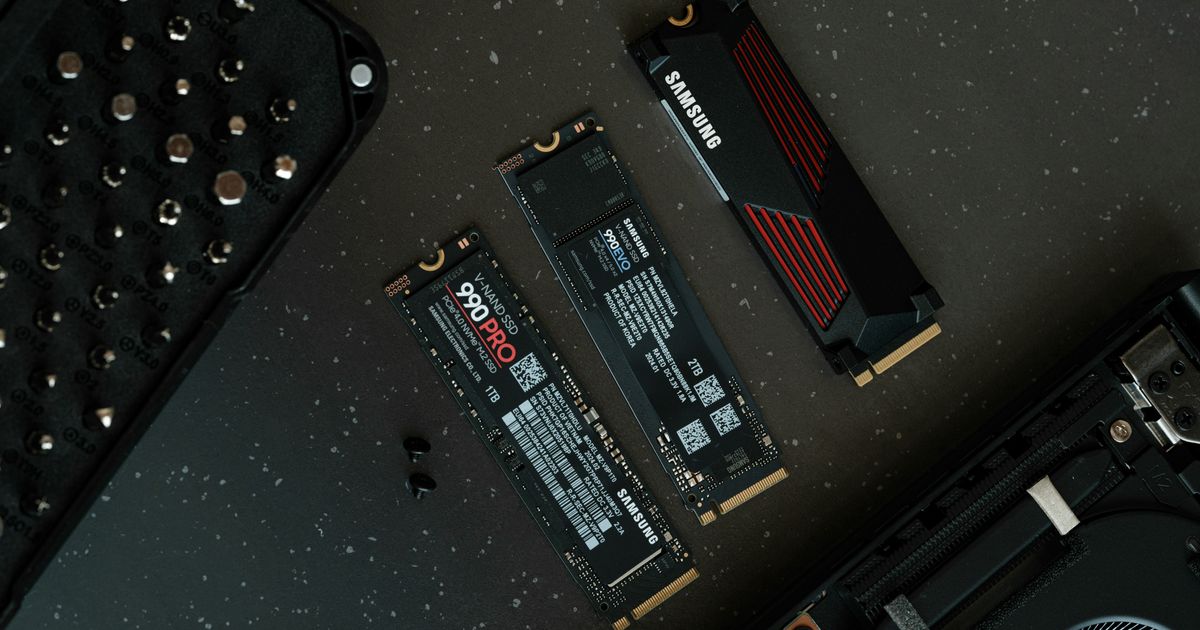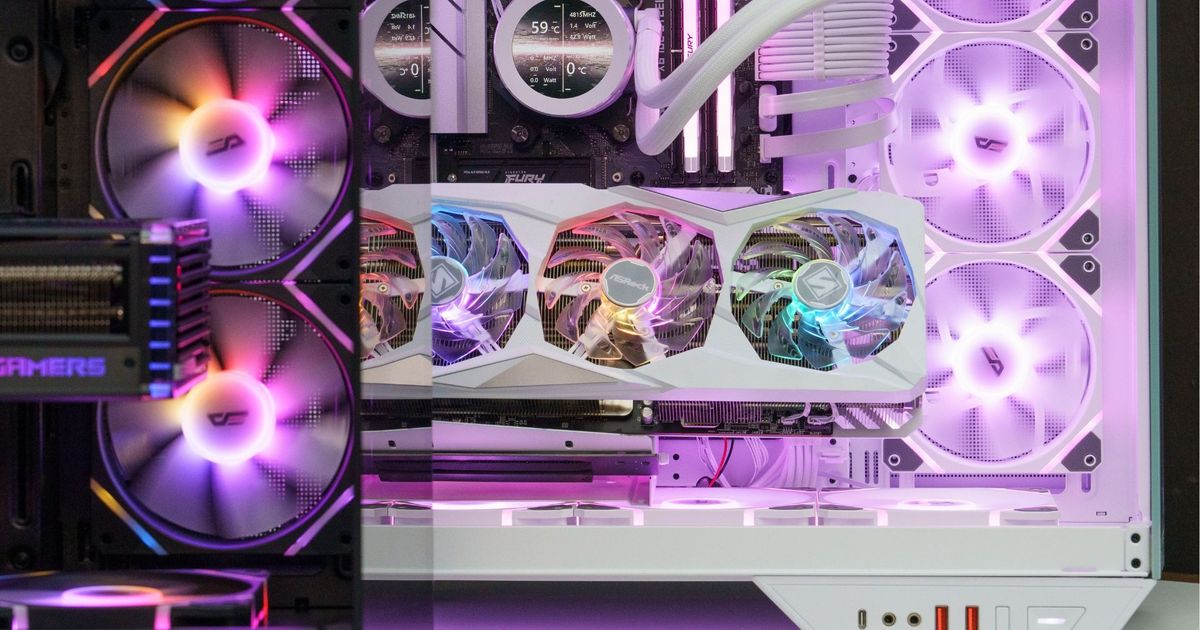
When deciding between an SSD (Solid State Drive) and an HDD (Hard Disk Drive), the choice depends on your specific needs, such as speed versus storage capacity. Understanding the differences between these two storage solutions can help you make an informed decision based on your budget and requirements.
| How SSDs and HDDs Work |
Solid State Drive (SSD)
An SSD uses NAND flash memory to store and manage data, unlike traditional hard drives, which have mechanical components. This design makes SSDs faster at reading data and virtually silent in operation.

Hard Disk Drive (HDD)
An HDD is composed of magnetic-coated disks, with read/write heads that record data. The mechanical structure of HDDs makes them susceptible to damage from collisions and vibrations, which can potentially lead to data loss.

| Differences Between SSDs and HDDs |
1.Read Speed
SSD: SSDs are much faster than HDDs because they use NAND flash technology. This makes them ideal for users who prioritize speed.
HDD: HDDs use traditional mechanical structures, resulting in slower read/write speeds, but they are more affordable and suited for users needing large storage capacities.

2.Durability
SSD: Since SSDs store data in chips, they are not affected by physical impacts or vibrations. They have a low failure rate and are suitable for both desktops and ultra-thin laptops.
HDD: With spinning disks and mechanical components, HDDs are more vulnerable to shock and wear from prolonged use.

3.Capacity and Price
SSD: SSDs tend to be more expensive, with 1TB SSDs costing significantly more than their HDD counterparts. SSDs are ideal for storing smaller amounts of data.
HDD: HDDs offer larger storage capacities at lower prices, making them more suitable for storing large amounts of data, like videos and photos.

4.Noise
SSD: SSDs are silent during operation, though they do generate heat when reading or writing data, requiring attention to cooling.
HDD: HDDs generate noise from the spinning disks and moving read/write heads.
5.Lifespan
SSD: SSDs have a longer lifespan, typically around 10 years or more, as they lack moving parts and are less prone to wear.
HDD: Due to the mechanical components in HDDs, their average lifespan is shorter, typically around 3 to 5 years, as the read/write heads and disks degrade over time.
6.Data Recovery
SSD: Data recovery from a failed SSD is difficult, as damage to the control chip or storage cells often means the data is unrecoverable.
HDD: Data recovery is easier for HDDs, as long as there is no significant physical damage like scratching. Specialized recovery services can retrieve data from most HDDs.

| SSD vs HDD Sales Share |
According to the EaseUs website, SSD users currently make up 45.94% of the market, while HDD users account for 26.63%. The number of SSD users continues to grow, and SSDs are increasingly favored by both mainstream consumers and businesses, making them the future of data storage.

| Recommended Choice |
For Speed-Driven Users
Gamers or content creators who need fast file read speeds should opt for an SSD.

For Storing Business Data or Backup
If you need large storage and easier data recovery, an HDD is better suited for business data storage or as a backup drive.

Hybrid Usage
Some users prefer a combination of SSD and HDD. You can use an SSD as the system drive to ensure fast file access for frequently used applications and files, while using an HDD for larger data storage and backup, offering both speed and security.



